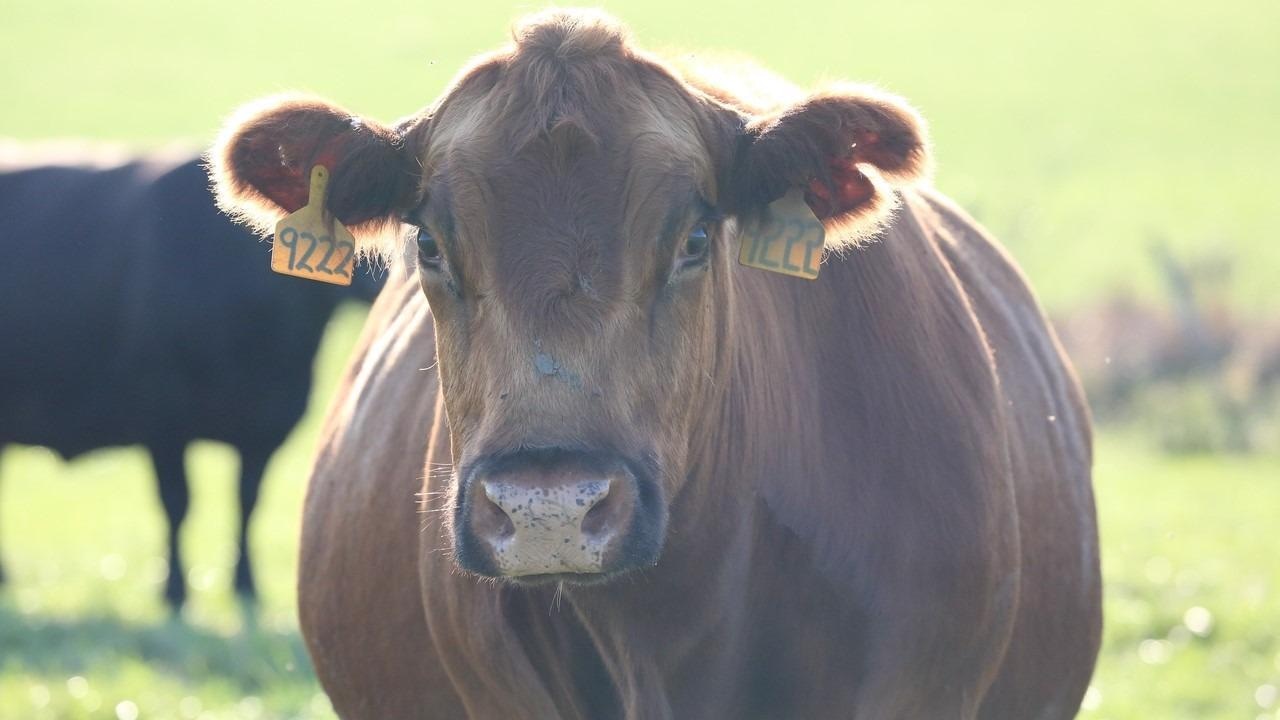Jared Decker, a fourth-generation cattle farmer, has been aware of cattle suffering from health and productivity problems when they are moved from one location to another. The shift is from a region where they had spent generations to another place with a different climate, grass, or elevation.
 Jared Decker is on a mission to help farmers learn more about what their cattle need to thrive. Image Credit: University of Missouri.
Jared Decker is on a mission to help farmers learn more about what their cattle need to thrive. Image Credit: University of Missouri.
Decker, as a researcher at the University of Missouri, looks at the chances of using science to resolve this issue, thereby serving a dual purpose to enhance the cattle’s welfare and sealing the leak in an almost $50 billion industry in the United States.
When I joined MU in 2013, I moved cattle from a family farm in New Mexico to my farm here in Missouri. New Mexico is hot and dry, and Missouri is also hot but has much more humidity. The cattle certainly didn’t do as well as they did in New Mexico, and that spurred me to think about how we could give farmers more information about what their animals need to thrive.
Jared Decker, Associate Professor and Wurdack Chair, Animal Genetics, College of Agriculture, Food and Natural Resources
The study was published in the journal PLOS Genetics on July 23rd, 2021.
Decker and his research team have revealed the proof exposing the fact that cattle are losing their key environmental adaptations. The researchers regard this as a loss due to the lack of genetic information available to farmers.
After assessing the genetic materials dating back to the 1960s, the team determined particular DNA variations linked with adaptations that could someday be used to develop DNA tests for cattle. These tests could help educate the farmers regarding the adaptability of cattle from one environment or another.
We can see that, for example, historically cows in Colorado are likely to have adaptations that ease the stress on their hearts at high altitudes. But if you bring in bulls or semen from a different environment, the frequency of those beneficial adaptations is going to decrease. Over generations, that cow herd will lose advantages that would have been very useful to a farmer in Colorado.
Jared Decker, Associate Professor and Wurdack Chair, Animal Genetics, College of Agriculture, Food and Natural Resources, University of Missouri
The research team included then-doctoral student Troy Rowan who had examined 60 years’ worth of bovine DNA data from tests of cryo-preserved semen produced by cattle breed associations. They observed that, as time runs, the genes related to higher fertility and productivity increased as a result of careful selection by farmers. Also, many genes relating to environmental adaptations have decreased.
According to Decker, the farmers are not to be blamed as there are no affordable methods available at present to identify the suitability of cattle for a specific environment. The study also proposes easy-to-use cattle DNA tests that focus on the particular adaptations identified in the study.
Such adaptations include resistance to vasoconstriction, which is a process of blood vessel narrowing that takes place at high elevation and puts excessive stress on the heart. Also creating resistance to the toxin in the grass can result in vasoconstriction and tolerance for increased temperature or humidity. All these factors tend to decline over generations when the cattle are shifted from the associated surroundings.
Sometimes, natural and artificial selection are moving in the same direction, and other times there is a tug of war between them. Efficiency and productivity have vastly improved in the last 60 years, but environmental stressors are never going to go away. Farmers need to know more about the genetic makeup of their herd, not only for the short-term success of their farm, but for the success of future generations.
Jared Decker, Associate Professor and Wurdack Chair, Animal Genetics, College of Agriculture, Food and Natural Resources
The first widely adopted genetic test for cattle was developed at the University of Missouri in 2007. Decker and Rowan are looking forward to giving further details of the development. Both the researchers grew up on farms with a desire to use research to help farmers to balance farm traditions of America with the requirement for eco-friendly business practices.
“As a society, we must produce food more sustainably and be good environmental stewards. Making sure a cow’s genetics match their environment makes life better for cattle and helps farmers run efficient and productive operations. It’s a win-win,” concluded Decker.
Journal Reference:
Rowan, T. N., et al. (2021) Powerful detection of polygenic selection and evidence of environmental adaptation in US beef cattle. PLOS Genetics. doi.org/10.1371/journal.pgen.1009652.